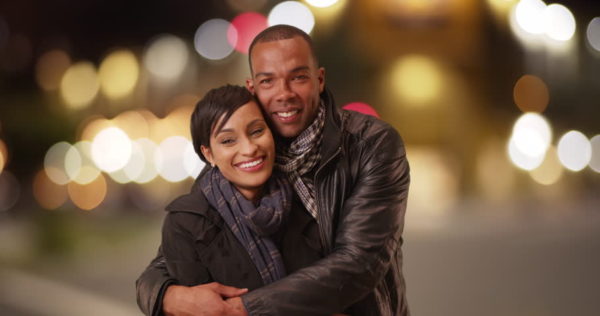Published
6 years agoon
By
Frimpong
Learning to listen better helps a relationship thrive. What’s the most helpful way to respond when your partner approaches you in a state of emotional distress? Communication scientists have elaborated on our understandable desire to problem-solve when faced with a partner in pain.
Nobody wants to see their loved one suffering.
We frequently worry that “merely validating or acknowledging emotions” will be less useful than “actually helping the distressed person resolve the problem. Consequently, we often jump to “solve behaviors,” such as giving advice.
The problem is that, in some cases, we do this prematurely, neglecting more emotion-focused responses. Maybe it’s counterintuitive, but “validating the difficult experiences of the distressed person by explicitly acknowledging them in talk” and “encouraging them to elaborate on what led to the upset” can be a much more constructive means of helping a partner.
People report feeling better after this type of interaction, and studies show that advice is not always what the distressed person is looking for. That’s not to say we can never offer any practical support to a person in need. Emotion-focused listening as a crucial first step that helps us problem-solve more productively.
To reach the problem-solving stage, however, we need a more detailed understanding of the issues our partner is facing. Psychologists have also found that supportive listening is linked to emotional health in the listener as well as in the troubled talker.

























